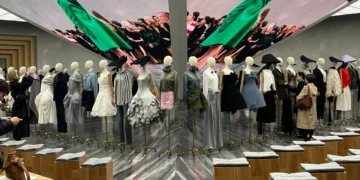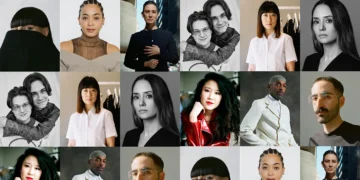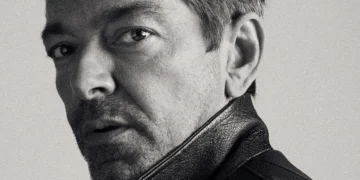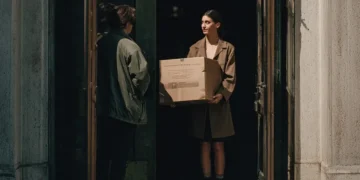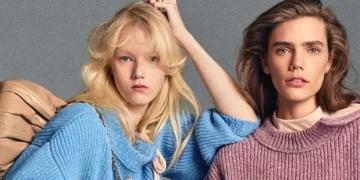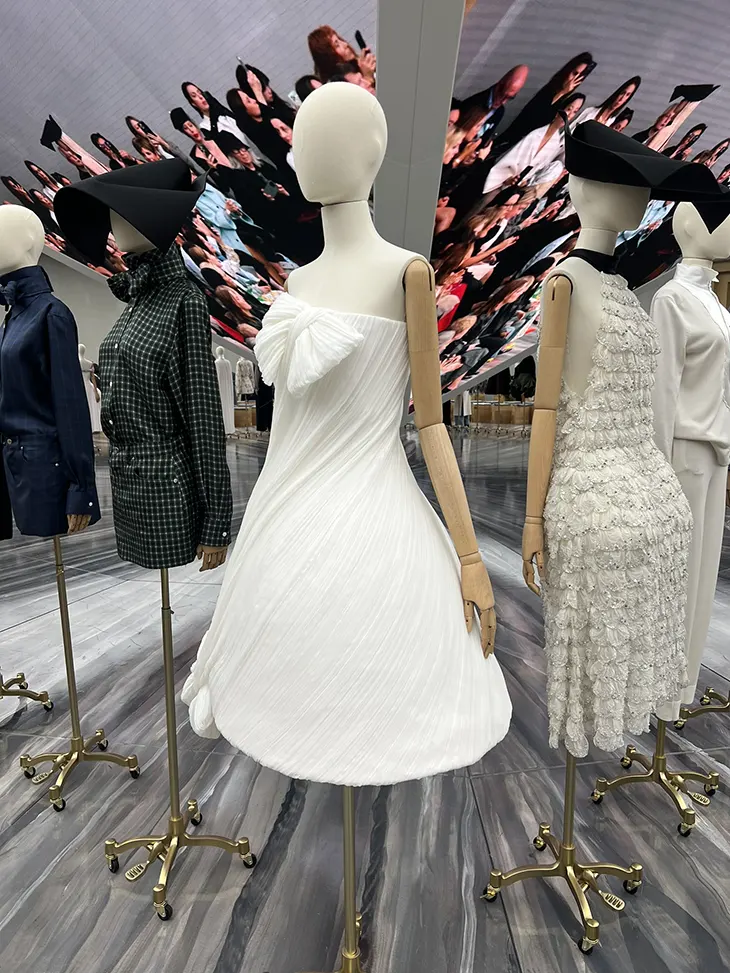
Fashion, at its most powerful, acts as both a mirror and a lens: it reflects the world’s anxieties, aspirations, and contradictions, while also offering the possibility of transformation and escape. Yet, as we move deeper into 2025, the gap between the fantasy projected by the fashion industry and the lived realities of most people has never felt wider, or more fraught.
The Marie Antoinette Moment: Escapism in an Age of Crisis
A little over a year ago, the Met Gala became a flashpoint for this disconnect. An influencer’s decision to channel Marie Antoinette, one of history’s most notorious symbols of privilege and obliviousness, was met with swift and career-ending backlash. The outrage was not just about the costume, but about what it represented: a tone-deaf celebration of excess at a time when millions were struggling with uncertainty and hardship. The influencer, perhaps still has a job today, yet with a negative PR derailing her from an A-list celebrity status, and no brand deals to note.
Fast-forward to this week’s Vogue World celebration, and the return of the Marie Antoinette archetype, this time embodied by an A-list actress, lands differently, but no less controversially. The context is even more dire: a prolonged government shutdown in the United States threatens to leave more than 40 million people without food stamps, while wars in Ukraine and Gaza grind on with no end in sight. Against this backdrop, fashion’s embrace of escapism feels less like a harmless fantasy and more like a willful act of detachment. Yet, celebrities are living within a bubble growing inside of a Los Angeles studio, blown by a troubled publishing giant.
The result is a market where the average consumer is priced out, and the fantasy of fashion becomes just that, a fantasy, reserved for a shrinking elite.
Price of Fantasy: Ready-to-Wear Becomes Untouchable
This detachment is not limited to symbolic gestures or high-profile events. It is woven into the very fabric of the industry’s business model. Ready-to-wear, once the accessible, democratic sibling of couture, has drifted into the realm of the unattainable. Earlier in June, a Dior men’s ready-to-wear coat was reported to stand at a hefty price of alleged 200,000 euros. In the span of a decade, the price point for ready-to-wear collections has climbed to levels once reserved for bespoke couture. Brands like Dior, Balenciaga, and even Bottega Veneta now routinely present coats and dresses with price tags in the tens of thousands of euros. In some cases, actual couture pieces appear on ready-to-wear runways, blurring the lines between exclusivity and accessibility.
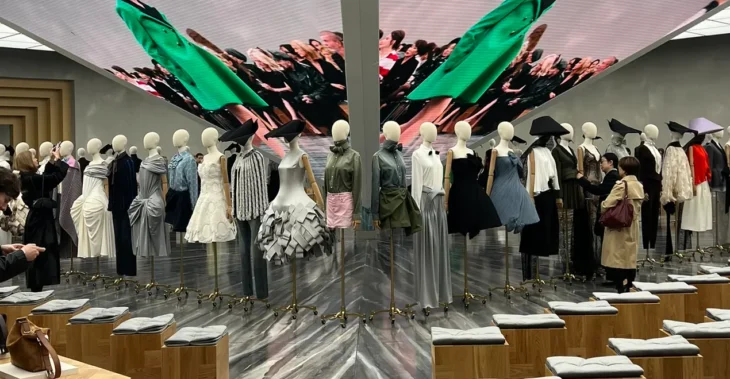
The result is a market where the average consumer is priced out, and the fantasy of fashion becomes just that, a fantasy, reserved for a shrinking elite. This shift is not just about economics; it signals a broader philosophical change. The industry is no longer interested in dressing the world, but in seducing a select few who can afford to buy into the dream.
Why Is Fashion Escaping Reality?
The question, then, is why? Why, at a time of unprecedented global crisis, is fashion doubling down on escapism and exclusivity? Putting it on a list, might help with this reasoning:
1. Economic Survival in a Shrinking Market
One answer is brutally pragmatic: survival. As the middle market for fashion erodes, brands are forced to chase the remaining sources of profit, namely, ultra-high-net-worth individuals who are insulated from economic downturns. The luxury sector has always thrived on aspiration, but now, aspiration is being replaced by outright exclusion. The logic is simple: if only a handful can afford your product, make it as rare and desirable as possible.
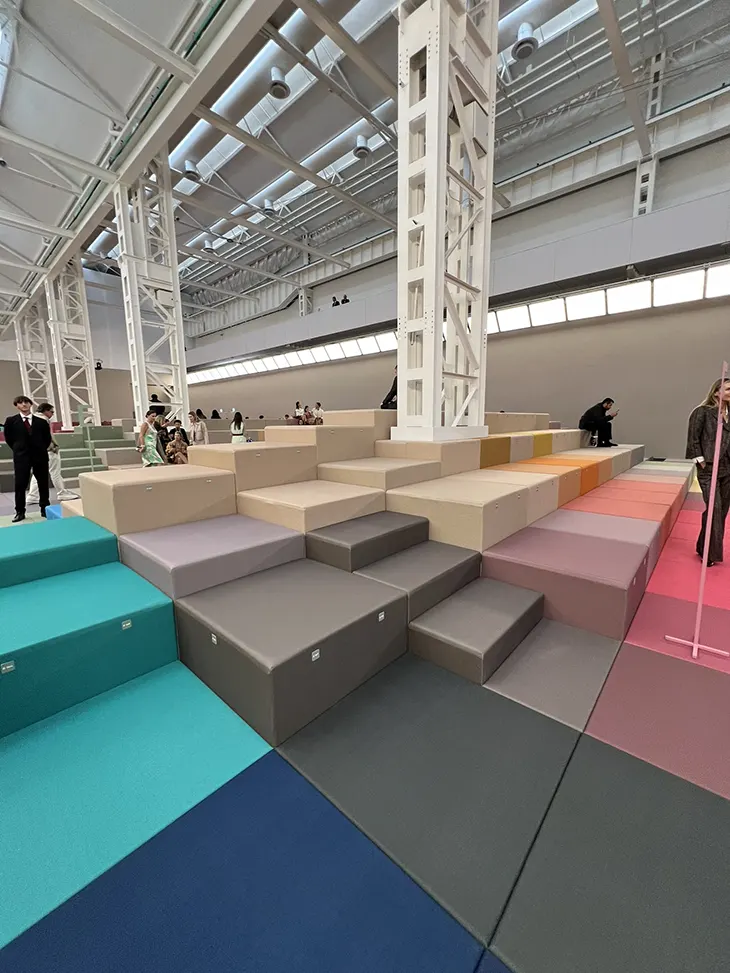
2. The Allure of Fantasy in an Age of Anxiety
Another answer lies in psychology. In times of crisis, fantasy becomes a coping mechanism, not just for consumers, but for creators as well. The more unbearable reality becomes, the more seductive the escape. Fashion has always offered a form of collective dreaming, and in moments of uncertainty, the dream grows more elaborate. The Marie Antoinette archetype, with its promise of decadence and oblivion, is less a celebration of privilege than a desperate attempt to forget the world outside. Yet for many of us this offer of a dream is in fact raige baiting.
If fashion is merely a business, then exclusivity and escapism make sense as survival strategies. But if fashion is, as it claims, a cultural force, capable of shaping and reflecting the world, then this detachment is not just a missed opportunity, but a risk to its own relevance.
3. Social Media, Spectacle, and the Demand for Virality
The digital age has also accelerated this trend. Social media rewards spectacle, not subtlety. Outrageous, escapist looks are more likely to go viral, generating the kind of attention that translates into brand value, even if it comes at the cost of relevance or sensitivity. In this environment, the shock factor of a Marie Antoinette gown at a time of crisis is not a bug, but a feature.
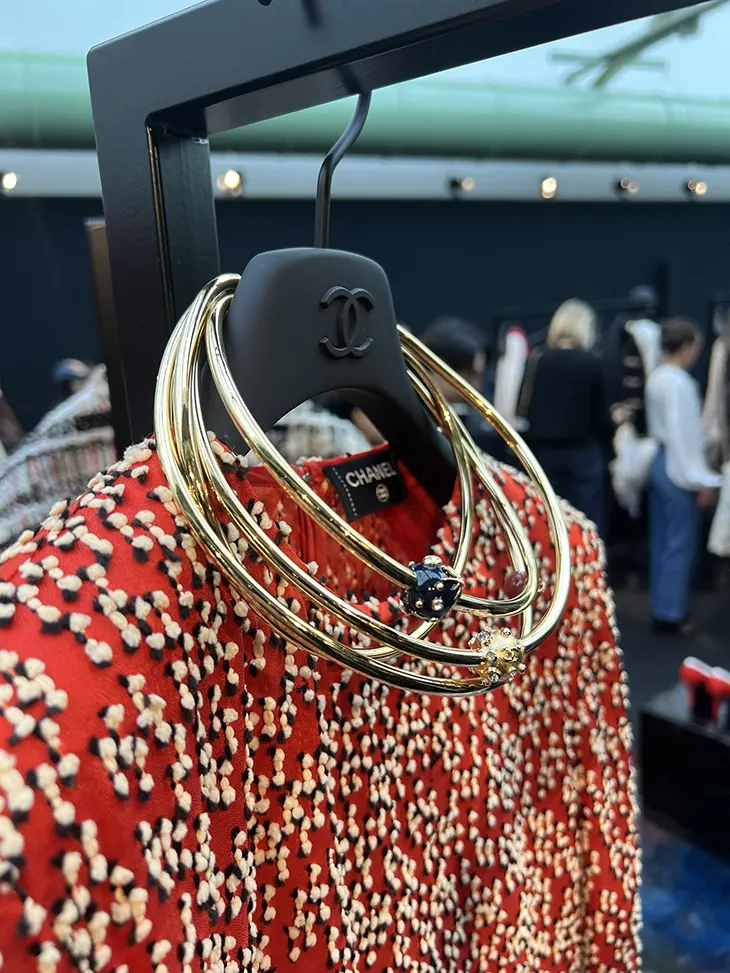
4. The Loss of Fashion’s Social Contract
Perhaps most troubling is the sense that fashion has abandoned its social contract. Historically, fashion has responded to crisis with innovation and adaptation: think of Dior’s “New Look” after World War II, or the rise of minimalism in the wake of economic recessions. Today, however, the industry’s response is to retreat into fantasy, leaving the rest of the world to fend for itself.
Is This Spiraling Good for Fashion?
The answer depends on what we believe fashion should be. If fashion is merely a business, then exclusivity and escapism make sense as survival strategies. But if fashion is, as it claims, a cultural force, capable of shaping and reflecting the world, then this detachment is not just a missed opportunity, but a risk to its own relevance. Fashion’s escapist spiral may offer temporary relief, but it comes at the cost of credibility, inclusivity, and connection. In order to remain vital, the industry will need to find new ways to engage with reality, not by abandoning fantasy, but by making it meaningful to more than just a privileged few.
